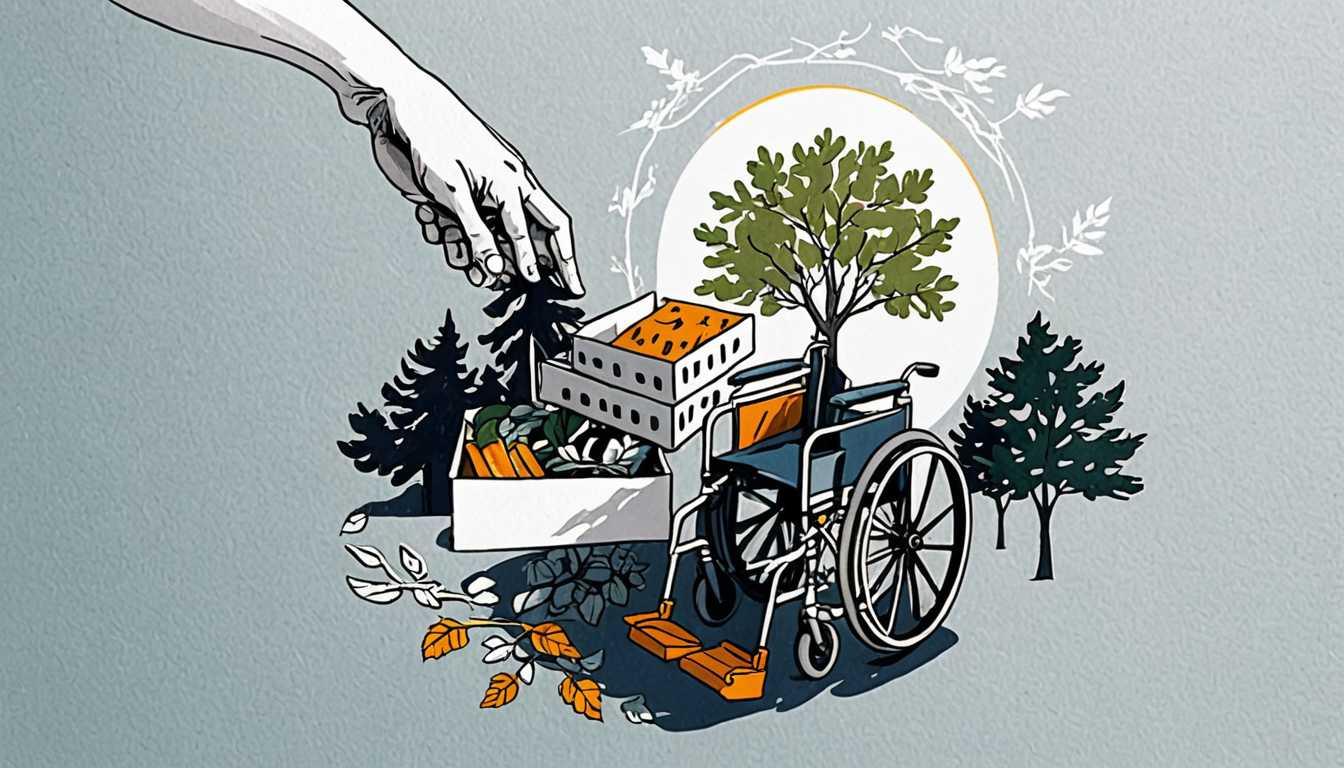Life Support Decisions: A Second Look
May 2024
Harvard Gazette
Introduction
Ever wondered if a little extra time could change everything? A revealing study from the Harvard Gazette suggests that delaying life-support decisions for patients with severe brain injuries might just do that! Researchers found that some individuals who were taken off life support could have actually bounced back after a few months. With no solid guidelines in place, it’s a real eye-opener on how quick decisions can lead to missed opportunities. Dive into this thought-provoking article to discover the full story!
READ FULL ARTICLEWhy It Matters
Discover how this topic shapes your world and future
Navigating Life and Death Decisions with Care
Understanding the implications of life-support decisions in patients with severe traumatic brain injuries (TBI) is crucial not just for medical professionals, but for everyone. When families face the heart-wrenching choice of whether to continue life support, the pressures and stakes are incredibly high. Recent research suggests that extending the waiting period for these decisions could lead to better outcomes for patients—potentially allowing some to recover and regain independence. This topic is vital globally, as it touches on medical ethics, emotional resilience, and the importance of informed decision-making in healthcare. For you, as a young person, grasping these concepts can inspire you to think critically about life, death, and the ethical dimensions of healthcare in your community and beyond.
Speak like a Scholar
Traumatic Brain Injury (TBI)
An injury to the brain that can occur after a bump, blow, or jolt to the head, often resulting in temporary or permanent changes in how the brain functions.
Life Support
Medical equipment and procedures that keep a person alive when their body is unable to function on its own.
Withdrawal of Life Support
The process of stopping life-sustaining treatments, allowing a person to pass away naturally.
Cyclical Self-Fulfilling Prophecy
A situation where a belief or expectation leads to behaviors that cause the belief to come true. In this case, it refers to clinicians' expectations about patient outcomes influencing their decisions.
Recovery Trajectories
The different paths that patients might take towards recovery over time, which can vary greatly based on individual circumstances.
Vegetative State
A condition where a person is awake but shows no signs of awareness or response to their environment, often after severe brain injury.
Independent Research Ideas
Exploring Patient Autonomy in Medical Decisions
Investigate how patients' rights and preferences are considered in life-support decisions, looking at case studies and ethical frameworks.
The Role of Emotional Intelligence in Family Decisions during Health Crises
Study how families cope emotionally when faced with critical health decisions, and the impact of emotional support systems.
Mathematical Modeling in Predicting Health Outcomes
Analyze how mathematical models can help predict recovery outcomes for patients with TBIs, and explore their effectiveness in real-world scenarios.
Cultural Perspectives on Life Support Decisions
Examine how different cultures view life-support systems and end-of-life choices, and how these views influence clinical practices.
Long-Term Impacts of Traumatic Brain Injuries on Families
Research the psychological and social effects of TBIs on family members, including coping mechanisms and support networks.
Related Articles

HIV Research: The Unexpected Medical Revolution
December 2024
Harvard Gazette

Tech Transformations for Spinal Cord Recovery
May 2024
MIT Technology Review

Opal's Journey: Hearing the Unheard
May 2024
University of Cambridge

Estrogen and Binge Drinking: What’s the Link?
January 2025
Cornell News Highlights

Happiness: Beyond the Gym
February 2023
Harvard University